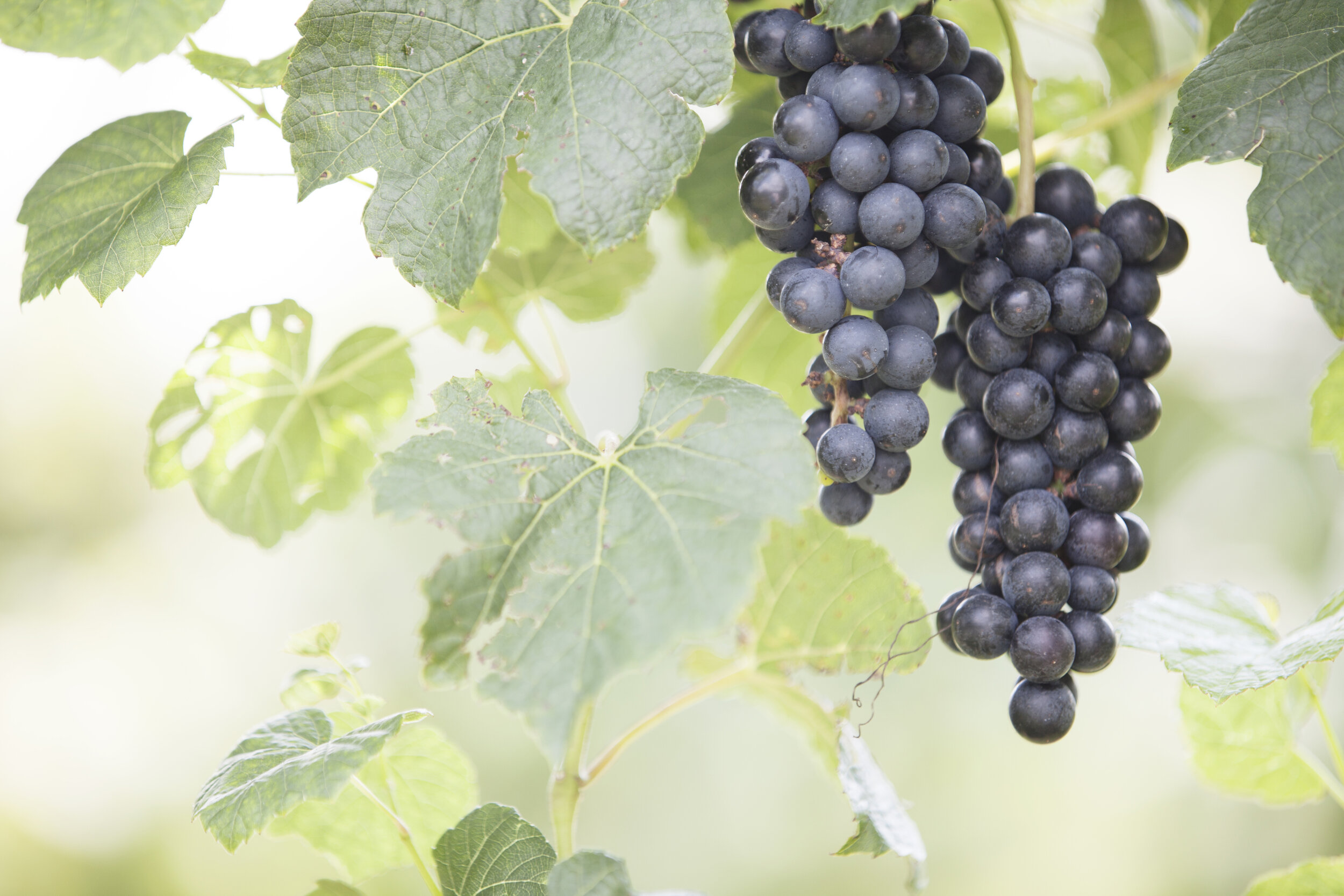The Bible uses a number of metaphors, analogies, and images to describe spiritual concepts. It takes things we do know and understand and applies it to what is unknown and unseen. One such example is found in John 15 where the Lord describes our communion with him like that of a vine and its branches:
“Abide in me, and I in you. As the branch cannot bear fruit by itself, unless it abides in the vine, neither can you, unless you abide in me. I am the vine; you are the branches. Whoever abides in me and I in him, he it is that bears much fruit, for apart from me you can do nothing. If anyone does not abide in me he is thrown away like a branch and withers; and the branches are gathered, thrown into the fire, and burned. If you abide in me, and my words abide in you, ask whatever you wish, and it will be done for you. By this my Father is glorified, that you bear much fruit and so prove to be my disciples.” (John 15:4-8)
Though I do not have a green thumb, I understand how a branch receives life from a vine. I look outside my window and see flowering plants, trees, and bushes. I know the essential factors that help them grow and thrive. I understand that a branch cannot grow unattached to the source of its life, nor can it bear fruit.
As a result, this passage helps me understand how I am united to Christ, that he is source of my life and strength. That he feeds me spiritually. That he provides what I need. That only through him, I bear fruit.
And to do so, I need to abide in him.
Sometimes, what gets disconcerting, or troublesome is how my communion with him can seem strong at times, and weak at others. There are times when I am thriving, and other times when I am weak. There are seasons in my life where I sense God’s presence and his work in my life more than at others. There are times when the Lord just seems distant.
I especially appreciate his letters on the subject of communion with Christ.
In a letter to a parishioner regarding how we maintain our communion, Newton points out that apart from our sin nature, the temptations of the world, and the work of Satan, our communion with God would “be always lively, sensible, and fervent.”[1] We won’t experience that level of communion until heaven. It’s because of our sin and “spiritual pride, indolence, and undue attachment to worldly things, and irregular distempered passions” that the Lord will “increase, suspend, or renew” the feeling and sense of his love and grace.[2] “We grieve his Spirit, and he withdraws; but, by his secret power over our hearts, he makes us sensible of our folly and loss, teaches us to mourn after him, and to entreat his return.” [3]Often, these are lessons we have to learn again and again.
In another letter to a parishioner, Newton advises how to keep close to the Lord, how to abide in him. He offers several ways:
Prayer: Prayer is how we communicate with God. It’s how we respond to what we’ve read in his word. It’s a significant means by which the Lord carries out his will in our lives. Newton suggested praying for humility, calling it “both the guard of all other graces, and the soil in which they grow.” [4]
Scripture: Secondly, Newton points to the importance of reading God’s word. He especially highlights studying the gospel: who Jesus is, what he taught, and what he has done for us in his life, death, and resurrection. Such study “is appointed to form our souls to a spiritual and divine taste; and so far as this prevails and grows in us, the trifles that would draw us from the Lord, will lose their influence, and appear, divested of the glare with which they strike the senses, mere vanity and nothing.”[5]
Consideration: Newton’s last recommendation is to pay close attention to the temptations to which we are both exposed and drawn. He suggests looking ahead in our day to what situations and circumstances we might encounter before us, being watchful for things that might pull us away from our Lord.
While communing and abiding in Christ is something we need to strive and fight for each day, we are not left to our own devices. We have a Savior who not only gives us life in him, he keeps us united to him. As Newton noted, “I trust the Lord, who has given you a desire to live to him, will be your guard and your teacher.”[6]
Lord Jesus, keep us in the vine today.
*This post contains Amazon affiliate links. To learn more about such links, click here.
[1] p. 24
[2] P. 25
[3] Ibid.
[4] P. 202.
[5] Ibid.
[6] Ibid.


















